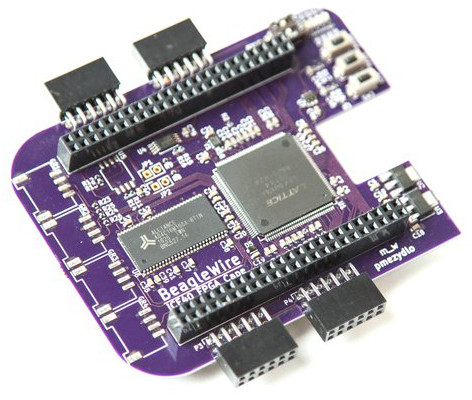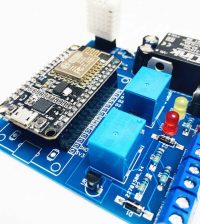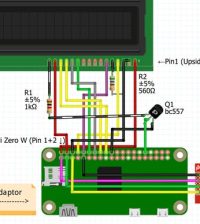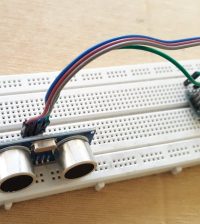- makeITcircular 2024 content launched – Part of Maker Faire Rome 2024Posted 2 weeks ago
- Application For Maker Faire Rome 2024: Deadline June 20thPosted 2 months ago
- Building a 3D Digital Clock with ArduinoPosted 7 months ago
- Creating a controller for Minecraft with realistic body movements using ArduinoPosted 7 months ago
- Snowflake with ArduinoPosted 8 months ago
- Holographic Christmas TreePosted 8 months ago
- Segstick: Build Your Own Self-Balancing Vehicle in Just 2 Days with ArduinoPosted 8 months ago
- ZSWatch: An Open-Source Smartwatch Project Based on the Zephyr Operating SystemPosted 9 months ago
- What is IoT and which devices to usePosted 9 months ago
- Maker Faire Rome Unveils Thrilling “Padel Smash Future” Pavilion for Sports EnthusiastsPosted 10 months ago
BeagleWire: Fully Open ICE40 FPGA BeagleBone Cape for the BeagleBone Black

QWERTY Embedded Design has gone to Crowd Supply to help seek funds for its open source, Lattice iCE40HX-4k driven BeagleWire FPGA development cape for the BeagleBone Black.
The cape’s relatively simple, low-end Lattice iCE40HX FPGA is a popular choice for developers who want to engage in fast logic device prototyping or learn the fundamental of FPGAs without investing in years of training. The BeagleWire is also said to be suitable for robotics and automation, data acquisition and signal processing, and mobile applications.
The BeagleWire is equipped with a Lattice iCE40HX-4k clocked to 100MHz, plus 4MB SPI flash and 32MB SDRAM. The cape provides 4x Pmod and 4x Grove connectors, as well as GPIO, 4x LEDs, 2x DIP switches, and 2x pushbuttons with hardware noise debouncing. Operating at 3.3V, the board draws 5V power from the BeagleBone, and communicates with the SBC via the GPMC port.
The board is open source in both hardware and software. The open source software stack is based on the lightweight Project IceStorm toolchain, which lets users synthesize Verilog code on the BeagleBone without installing any additional software on their computer.
Further information are available at the Crowd Supply page or at Linuxgizmos.com.















